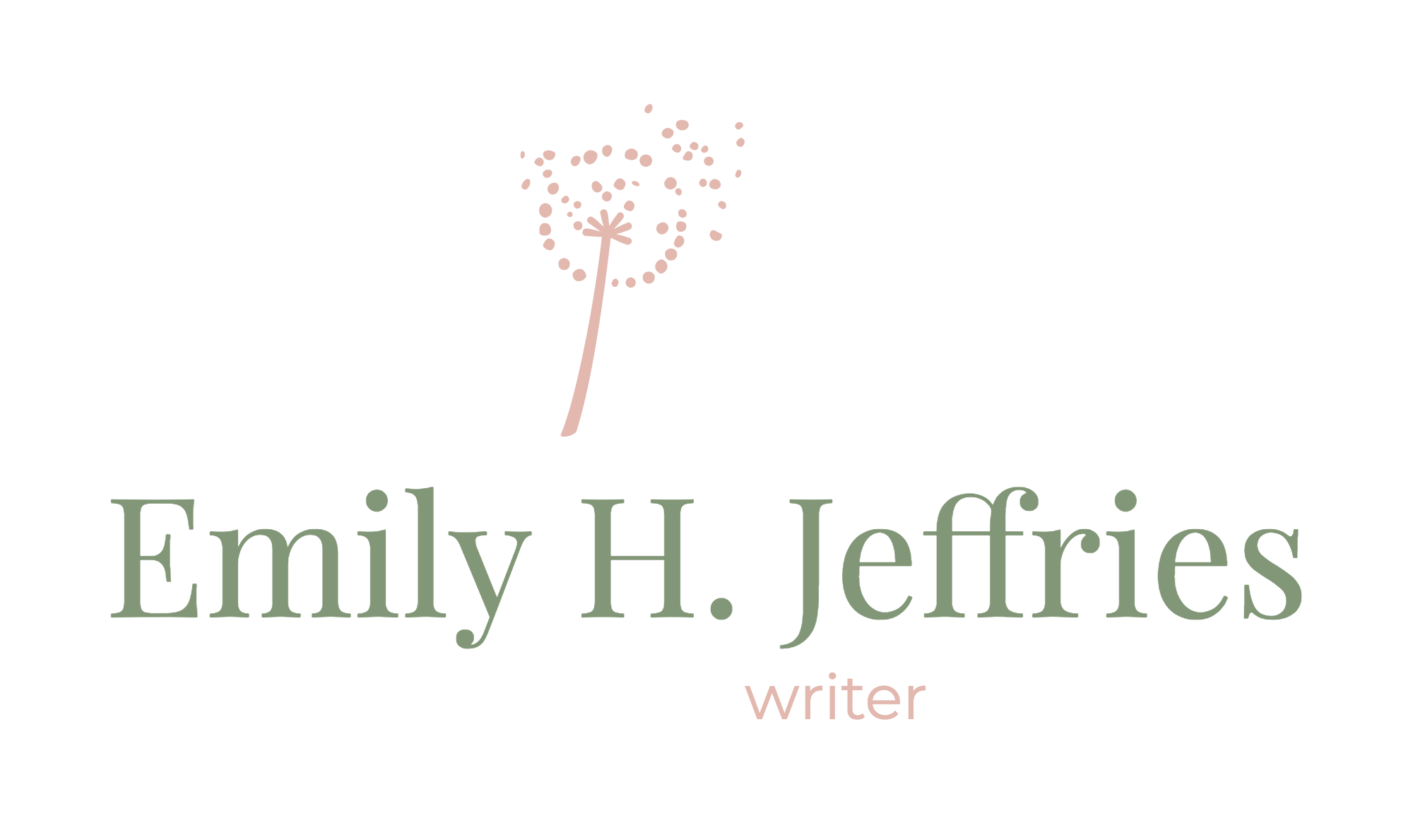The Most Frightening Writing Term I Know: "High Concept"
A year ago, I was greener than green when it came to the publishing industry. All I had were four chapters of a story that I started in 2009 and a burning desire to turn it into a published novel. Since then, I have tried to build a working knowledge of what it takes to get on the bookshelves. Those four chapters have gone through enormous transformations, 26 more chapters were added onto them, and here I am with a fledgling blog and website. Maybe I'm getting somewhere!
Like many budding writers, I am learning the ropes with the help of the internet. Blogs, writers associations, author websites, and guest posts from literary agents all continue to contribute to my understanding of what it takes to become a published, successful author. But searching through all the blogs and sites can be overwhelming, so I did something to kick-start my education. I took a webinar from Writer's Digest.
The title of the webinar was "Writing and Selling Young Adult Fiction." Sounds pretty perfect, am I write (heh)? It was hosted by a literary agent, and the fee included a critique of my first 750 words.
Let me tell you my overall feeling once I was finished with this webinar: utter hopelessness. You want to know why? Two scary words: HIGH CONCEPT.
Here is how the agent defined the term:
1. The high concept book can be summarized in a short, punchy way.
2. It can be a new twist on an old concept.
3. Usually transcends several genres and therefore reaches a larger audience.
4. Could become a brand.
5. Obvious potential for drama or humor.
There is an even better description of what makes high concept stories here, if you are interested.
High concept is all the rage. High concept is sought after by all agencies and all publishers. It's what makes a breakout author and a breakout book. Did I write a high concept book? I don't know. Let's see how the agent described the evil, polar opposite stepsister of high concept: "quiet stories." Cue the doom drums.
1. Focus more on an emotional/internal journey.
2. Hard to summarize, can't judge the story based on its pitch.
3. Basically, if a book is critiqued as "too quiet", it did not stand out in a unique way.
Well, I'm screwed, I thought. My story totally falls under "too quiet." Where's the punch? Where are the villains from familiar fairy tales who are actually good guys? Why didn't I put Greek gods in New York City? I've made a terrible mistake. My story will never be published, and I'm a failure!
Fortunately, due to the steadfast encouragement of my husband and my best friend, I kept writing. Also, I kept learning. I learned that my story can be pitched as punchy as I wish. Glance at the Overview page on my website, and you'll see I have a logline that can totally pass as a good hook. I realized in searching for comps (comparable titles) that I had created an interesting relationship between humans and animals that will stand out. Of course, it doesn't hurt to have a love triangle either.
The reason none of this was clear to me at first is because none of those fun, flashy features are why I started to write. I write because of the "quiet" emotional journeys my characters take. I want to write well and beautifully; to me, the way I write almost matters more than what I am writing. But that's not how I'm going to pitch the book. That will remain a secret between you and me.
So, when I hear about the demand for high concept books, I don't cower in fear anymore. I look at it as a tip, an angle to showcase my book as best I can. By the time those publishers find out my book is about emotional journeys and life lessons, it will be too late.
Muahahaha!
